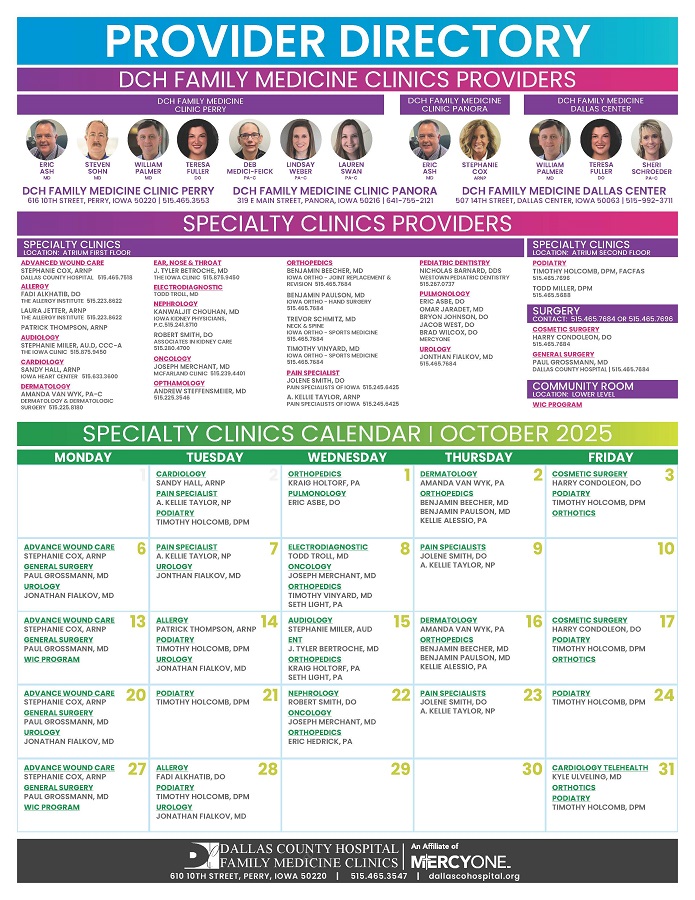Editor’s note: The general election for school district offices is Tuesday, Nov. 7. In anticipation, ThePerryNews.com asked each candidate for a school district office to answer a few questions in order to give voters a sense of who the candidate is and what issues motivate him or her. These candidate profiles will be published over the coming days. Interested voters might also wish to attend a candidate forum for the school board candidates, scheduled for Sunday, Oct. 29 at 2 p.m. at the Perry Perk coffeehouse at 1201 Warford St. in downtown Perry.
Mindy Farmer is seeking a seat on the Perry Community School District Board of Directors. Farmer lives at 1421 Willis Ave. She can be reached at 515-726-7206 or mindymayfarmer@gmail.com.
1. Please tell us a little bit about yourself, Mindy. What do you want voters to know about you, your qualifications, your intentions as an officeholder?
Quick bio: I grew up in the Northwest, but I’ve called the Midwest “home” for the past 16 years. As a mom of four, public librarian and educator, I am passionate about literacy, education and community. I have always valued public service as an important way to contribute to my community. Participating on the Perry School Board offers an opportunity for me to volunteer my time to advocate for a positive, engaging and safe learning environment for every student and teacher. As someone with experience as a parent, teacher and Perry community member, I bring a compassionate understanding of the different needs and interests of the people within our district.
Additional information about me: I returned to college in my late 30s to earn a master’s degree with three kids in school and a toddler at my side. My passion for writing and literature inspired me to earn a master’s degree in English, so I could teach at local community colleges. After graduation, I had the opportunity to teach composition courses at Iowa Central in Fort Dodge and at two DMACC campuses, including DMACC West and the Perry Van Kirk Academy. Additionally, I attended substitute courses and assisted as a substitute teacher and substitute librarian at St. Patrick’s School in Perry. These teaching opportunities helped me to gain hands-on experience in different classroom settings. I quickly discovered a new joy in teaching.
A year ago, I decided to pursue an unexpected opportunity to fulfill another lifelong dream: to become a librarian. In my role as the Adult Services Librarian at the Perry Public Library, I have the awesome opportunity to connect with and support people of all ages in our community. I love getting to know patrons and feel that the past year has helped me connect to and become a part of the Perry community in new ways. This has only increased my desire to participate in public service in Perry.
2. Why are you running for elected office? Is it something that you have done before? Are other forms of public service a part of your background?
I strongly believe that a healthy, vibrant, thriving community is made up of people working together positively across diverse political, economic and social divides, to meet common goals. Participating on the Perry School Board offers an opportunity for me to volunteer my time to advocate for a positive, engaging and safe learning environment for every student and teacher. As someone with experience as a parent, teacher and Perry community member, I bring a compassionate understanding of the different needs and interests of the people within our district. I am also aware of how much there is to learn, and I am excited and prepared to work with community collaborators as a school board member.
While I have not served in public office before, I have actively volunteered as a parent in St. Patrick School’s Home and School Organization and the annual gala/auction fundraiser, with two of those years as the auction chair. Additionally, I’ve volunteered with the Perry Food Pantry and the St. Patrick’s rummage sale.
3. Are there particular issues that you believe are urgent or important and are facing the residents of Perry? If so, what issues are these? How to you think the city council can address or resolve these issues?
- As a school board member, I will support maintaining our standards for fine arts and world language learning. The benefits of the arts for students academically, socially and emotionally are clear. According to Americans for the Arts, arts education is shown to have a multitude of benefits, including positively impacting student motivation, attitudes and attendance. Additionally, the National Education Association asserts that studying world languages can lead to better mental agility and that people who are multilingual may be better at analytical tasks. These are just the beginning of how studying the arts and word languages helps students. With this in mind, I believe we should maintain the pre-2023 session standards for world language and fine arts.
- As a school member, I will support intellectual freedom and literacy in schools.
Our schools should value and protect intellectual freedom. School librarians are trained professionals with the knowledge and experience to build libraries that meet the needs of our students. We need robust school libraries with diverse material because books help students understand complex issues and build empathy. They help young people see themselves reflected in books, and they support the critical, foundational skill of reading. Classroom libraries are also created by teacher experts to meet the needs of students and are a necessary part of encouraging and promoting literacy. Additionally, books on controversial and challenging topics offer an opportunity to begin difficult conversations with parents and guardians. Ultimately, libraries should offer a variety of reading materials to meet diverse student needs and interests. Parents have the right to guide their own child’s learning but should not be making decisions for other parents’ children.
- As a school board member, I will publicly support teachers in building and maintaining a safe, inclusive school environment. Meeting the unique needs of a diverse student body is an invitation our schools should welcome enthusiastically. We should value differences and prioritize creating a positive learning environment for each student that focuses on academic, social and emotional well-being. Words like safe, inclusive, welcoming, supportive and fair do not have to be politically charged. Our school board, administrators, teachers and staff should also model respect and care for students. I support regular training, staff development, resources and mentoring to support these goals.
-
As a school board member, I will support reconsidering policies around classwork deadlines and test retakes because:
-
Both students and teachers need and deserve a learning environment with clear deadlines and high expectations.
-
Teachers are professionals who dedicate numerous hours to developing age-appropriate lesson plans that meet the various needs of students. Lesson plans also often focus on skills that students must practice and become proficient in before moving on to the next skill.
-
Open-ended deadlines and uncapped retakes can undermine this process because students are not held accountable for completing and submitting work in a timely manner. As a result, it is difficult to build upon skills students have neglected because of a lack of deadlines or student accountability for their own learning.
-
Additionally, teachers are accountable for demonstrating proficiency, updating grades and supporting student learning throughout the semester. If assignment deadlines are always flexible and students do not feel an urgency to complete work and take responsibility for their learning, this undermines the learning process.
-
As a March 2023 report from the U.S. Department of Education, “Guiding Principles for Creating Safe, Inclusive, Supportive and Fair School Climates,” explains, “Research suggests that raising the bar to provide academically rigorous and challenging learning environments with clear and consistently high expectations is associated with mutual respect between students and educators. When educators create rigorous learning environments with clearly communicated high expectations, students believe in their abilities and have more positive attitudes towards school. Additionally, research suggests that brain development flourishes when students feel emotionally and physically safe, feel respected by adults and are challenged in their learning” (33-5).
-
In a positive and supportive learning environment, students develop strong relationships with teachers and are inspired to rise to meet clear expectations and deadlines. This builds mutual respect and recognizes learning as a partnership, where students must take ownership in their responsibility and successes as learners.
-
In this same environment, teachers are respected and recognized as professionals with expertise in building, maintaining and adapting appropriate learning plans for the needs of their students. Their time in lesson planning and grading is also recognized and respected.
While considering this policy change, I will emphasize that strong relationships between teachers, students and parents/guardians are essential for student success because
-
When holding students accountable and setting high expectations, it’s always important to recognize that students have diverse needs and circumstances. Teachers are professionals with the education and experience and, as they build strong relationships with students and families, they can work with 504 plans and IEPs, be aware of extenuating circumstances students may be facing and adapt to meet individual needs.
-
Our policies need to be flexible enough to allow teachers, who are professionals with the necessary training and education, to adapt broader for individual student needs.
-
Communication with families will be essential in this process and will require parents/guardians to take responsibility for learning policies, communicating questions and working with students to achieve goals.
-
In “Guiding Principles for Creating Safe, Inclusive, Supportive and Fair School Climates,” the U.S. Department of Education asserts, “A positive school climate includes strong relationships among staff, students and families. For example, with professional development and coaching, educators can work to build strong relationships with students by expressing care, challenging growth, providing support, sharing power and inspiring students to be successful” (28).
-
Our schools should set ambitious goals and high expectations at a district level, while trusting and training professionals at the school and classroom levels to develop policies that compassionately and realistically meet the unique needs of students and families within our community.
-
4. What do you envision as the future of Perry? In what direction would you like to lead the school district?

















